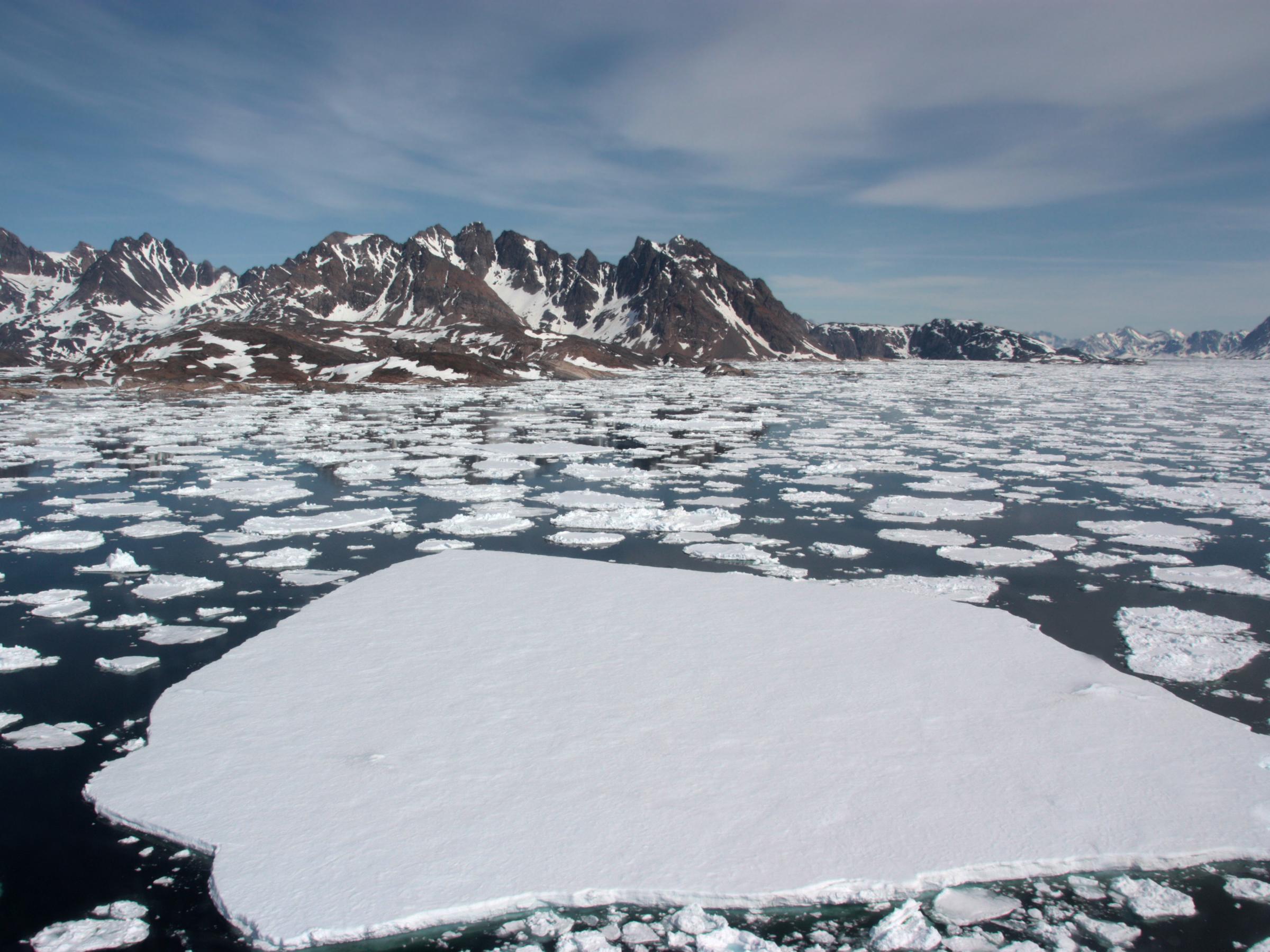Ice in Alaska melting far earlier than normal this year, alarming scientists and hunters
'We didn't know if we would have our winter food'

Your support helps us to tell the story
From reproductive rights to climate change to Big Tech, The Independent is on the ground when the story is developing. Whether it's investigating the financials of Elon Musk's pro-Trump PAC or producing our latest documentary, 'The A Word', which shines a light on the American women fighting for reproductive rights, we know how important it is to parse out the facts from the messaging.
At such a critical moment in US history, we need reporters on the ground. Your donation allows us to keep sending journalists to speak to both sides of the story.
The Independent is trusted by Americans across the entire political spectrum. And unlike many other quality news outlets, we choose not to lock Americans out of our reporting and analysis with paywalls. We believe quality journalism should be available to everyone, paid for by those who can afford it.
Your support makes all the difference.Arctic sea ice on Alaska’s coasts is melting far earlier than normal this year, with the unusual circumstances leading rural residents and scientists to sound the alarm that there could be negative impacts on fish, sea birds, and seals in the area.
The unusual melt is the result of warm ocean temperatures, and has led to concerns about food scarcity for communities there.
It has been “crazy”, Janet Mitchell, a resident of the Kivalina village in northwest Alaska, told the Anchorage Daily News.
Ms Mitchell said members of her tribe set out in June to hunt bearded seals on ice, but were unable to find the animals after a 50 mile journey in their boats. The ice, she said, should have been nearby to her village, but that the warm temperatures had melted much of it and led the seals further away.
“We didn’t know if we’d have our winter food,” Ms Mitchell said. “That was scary.”
Rick Thoman, a climatologist at the University of Alaska Fairbanks, tweeted that the ice in the Arctic is “baking”, citing data showing that sea surface temperatures last week were 9 degrees Celsius above normal temperatures.
The incident is a part of a “positive feedback loop” that is pushing temperatures higher and higher.
Rising ocean temperatures melt ice, which warms the ocean, scientists say, which in turn melts more ice.
It is not yet clear what impacts, if any, the unusual temperatures in the Arctic waters will have on commercial fishing.
Join our commenting forum
Join thought-provoking conversations, follow other Independent readers and see their replies
Comments